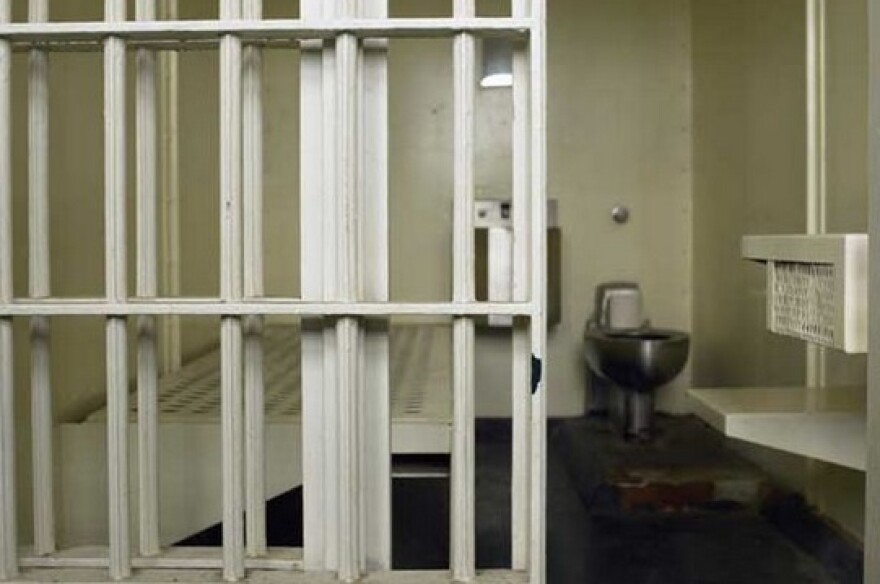Franklin County officials say too many mentally ill inmates stay in jail too long, so they're looking into ways to reduce jail stays.
The Council of State Governments Justice Center looked at jail operations in Franklin County as part of a larger national study. It found one out of every five inmates in the Franklin County jail have a serious mental illness. Those inmates spend two weeks longer behind bars than other inmates. And they are often re-arrested after they get released.
Council researcher Dr. Fred Osher says that recidivism is expensive.
"It's a requirement of jails and prisons to provide a community standard of care. That results in a lot of expense and so in different jurisdictions around the country the cost of care for an individual with mental illness in the jail can be two to three times higher than the cost of that individual without,” says Osher.
Franklin County commission president, Marilyn Brown, says it costs the county 87 dollars a day to house an inmate, not counting any medical care. In 2015, the jail budget is 53 million dollars. Brown says
"The cases languish after they get arraigned then the cases may languish longer. They end up not getting proper treatment so they're not ready, they're not ready to go to trial,” Brown says.
Brown says the commission next week will take up recommendations to reduce the number of mentally ill behind bars. Recommendations include crisis training for patrol deputies, more staff at community mental health agencies, and screening of all inmates for mental illnesses when they're booked into jail.
"We need to also make sure that when we have people in the jails with mental health issues that they're connected in the jail to appropriate mental health care."
The study indicates treatment for mentally ill inmates would keep many from making a return trip.
Doctor Osher says the council used jail and public agency records to determine that 60 percent of inmates with serious mental illness were back behind bars within three years charged with additional crimes.
"There's a lot of misconception about people with mental illness and their dangerousness to the community. And nobody wants to have an individual go out and create another victim and yet that myth oftentimes results in lack of access to release opportunities. "
Ohio Attorney General Mike DeWine says Franklin County is not unique. An estimated 20 percent of the state prison population has been diagnosed with a mental illness. DeWine says law enforcement and social services have to be part of an effort to reduce the number of mentally ill in jails and prisons. ]\
"I think the goals are to have a more appropriate response. If someone is dangerous to the community they have to be segregated from the rest of us.
“That's not debatable, I don't think. What is debatable is the people who are not dangerous to the rest of us, what's the best way to deal with them if they do have a mental health problem and if the mental health problem contributed in some way to them being behind bars, which in many cases is the truth."
Franklin County's effort to reduce the mentally ill jail population is expected to take up to four years.


